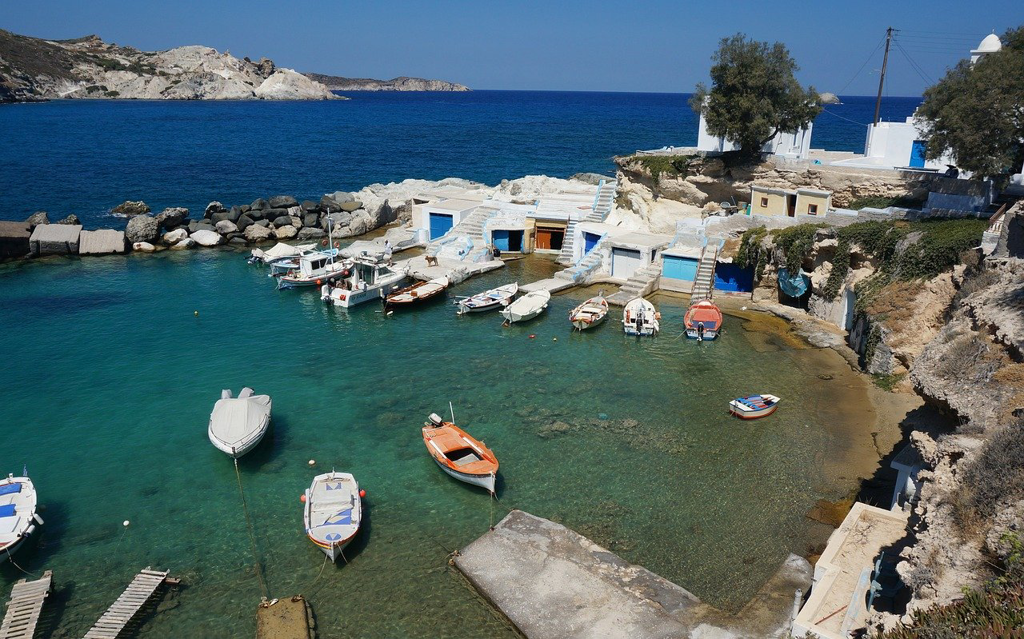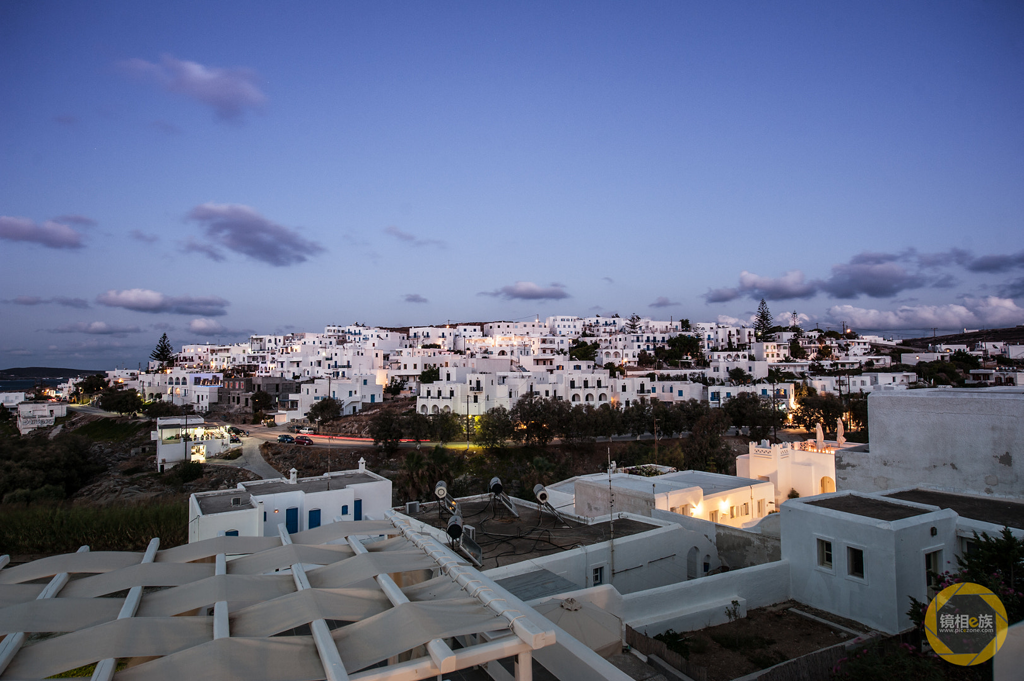Is Greek Real Estate Still Worth Buying in 2025? Key Regions with Strong Investment Potential
In 2025, Greece’s property market reached an all-time high, with total real estate value exceeding €777.8 billion. While core hubs like ...
Is Greek Real Estate Still Worth Buying in 2025? Key Regions with Strong Investment Potential
A Market Hitting New Highs
Against a backdrop of global economic uncertainty and increasingly diversified wealth strategies, Greece’s real estate market continues to capture the attention of domestic and international investors. As of 2025, the total value of Greek property has surged to €777.8 billion — the highest in history — according to the Ministry of Finance and leading financial media.
Property in Greece is more than a lifestyle choice; it is an asset class combining Eurozone stability with the Mediterranean way of life. Yet, behind the impressive figures lie significant structural imbalances, regional disparities, and evolving policy frameworks that investors must navigate carefully.
1. Market Data at a Glance
The latest ENFIA property tax data reveals a year-on-year increase of €5.9 billion in total property value, signalling that the market is still in an upward phase.
Attica Region (Athens): The undisputed leader, valued at €410.9 billion — nearly half the national total — with a €1.5 billion annual rise. Northern Athens, with its medical, educational, and commercial infrastructure, remains especially attractive.
Central Macedonia (Thessaloniki): Now worth €101.9 billion, driven by infrastructure upgrades and a vibrant regional economy.
Crete: Popular with tourists and retirees, valued at €42.1 billion, reflecting a €700 million boost from tourism demand.
However, the market’s strength is uneven. Central Greece’s property value fell from €22.99 billion to €22.8 billion, while Western Macedonia and the North Aegean show stagnant growth — a result of population decline and industrial slowdown.
2. Core Regions and Emerging Hotspots
Prime Investment Areas:
Attica (Northern Athens) – Combining premium infrastructure, “Golden Visa” incentives, and major urban redevelopment projects.
Crete & South Aegean Islands – Short-term rental demand is booming, fuelled by European retirees and foreign buyers.
Thessaloniki – Evolving into a northern gateway, attracting foreign capital to both residential and commercial sectors.
Emerging Potential Zones:
Ionian Islands & Epirus – Infrastructure projects underway, suitable for medium-to-long-term holding.
Western Greece & Thessaly – Agricultural regions transitioning to renewable energy hubs, offering speculative upside.
3. Trends Shaping the Market
Policy Direction:
In 2025, property tax revenues are projected at €2.34 billion, underscoring the state’s reliance on real estate for fiscal stability.
Introduction of a 20% tax discount for owners insuring against natural disasters — an early sign that risk management will become part of property ownership costs.
Likely future requirement for compulsory insurance in high-risk areas.
Three Key Trends:
Tax efficiency and insurance compliance as core investor considerations.
Green building incentives — eco-friendly renovations and energy-efficient developments gaining policy support.
Price corrections in non-core regions with declining populations and low market liquidity.
4. Strategic Advice for Investors
Investment Strategies:
Focus on core zones for value preservation: premium projects in Athens, Crete, and Thessaloniki offer a balance of lifestyle and rental yield.
Think beyond property: incorporate goals like education access, residency planning, and asset diversification.
Prioritise insurance and tax compliance to reduce long-term costs and mitigate risk.
Choose properties with combined location and function value — well-connected, education-rich areas tend to outperform in downturns.
Follow policy incentives such as renovation subsidies and green tax breaks.
Monitor Golden Visa and short-term rental regulations, as changes could impact yield cycles.
Risks to Watch:
Regional bubbles in overhyped islands.
Extreme climate risks — earthquake zones and coastal flooding areas require detailed hazard assessments.
Demographic challenges in inland towns, where slow economic activity prolongs ROI timelines.
Conclusion: Strategy Over Hype
In 2025, Greek real estate remains a compelling combination of Eurozone asset stability and Mediterranean lifestyle appeal. But true success lies in strategy, not speculation. The most successful investors will read policy signals early, balance core holdings with long-term growth bets, and adapt to evolving market realities.
For those ready to navigate its complexities, Greece offers more than property — it offers a foothold in one of Europe’s most dynamic, yet nuanced, real estate landscapes.







相关文章
Is Greek Real Estate Still Worth Buying in 2025? Key Regions with Strong Investment Potential
In 2025, Greece’s property market reached an all-time high, with total real estate value exceeding €777.8 billion. While core hubs like ...
Greece’s “Commercial-to-Residential” Golden Visa: Strategic Pathways and 2025 Outlook
Greece’s property market remains red-hot in 2025, with soaring rents, limited housing supply, and EU pressure reshaping the Golden Visa ...
A Deep Dive into Attica’s Six Prime Real Estate Investment Zones in Greece
The Attica region, home to Greece’s capital and cultural heartbeat, is rapidly becoming a magnet for global property investors. With...
The Triple Value of Greek Residency: A Strategic Must-Have for High-Net-Worth Families
For over a decade, Greece’s Golden Visa has been a go-to residency option for affluent families, offering moderate investment thresholds...